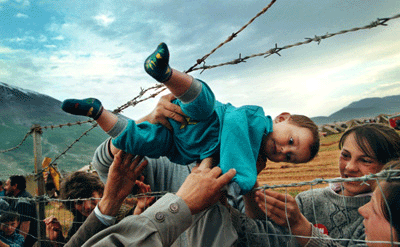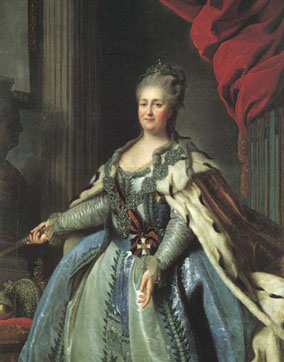 In case you didn't realize it, we are now entering the season of anniversaries -- the 90th anniversary of the Bolshevik Revolution, the 90th anniversary of the Estonian manifesto of independence, the 90th anniversary of the War of Independence, the 90th of this, and the 90th of that.
In case you didn't realize it, we are now entering the season of anniversaries -- the 90th anniversary of the Bolshevik Revolution, the 90th anniversary of the Estonian manifesto of independence, the 90th anniversary of the War of Independence, the 90th of this, and the 90th of that.Yesterday while in Tallinn I watched the children's program Lastekraan, and who should be on hand but Indrek Tarand, a historian involved in the Laidoner Museum in Tallinn, who was showing "Anni" -- played by Maria Soomets -- photos from the Estonian War of Independence.
There were grainy black and white photos of tanks and guys in trenches with guns and cannon. I actually hadn't seen so many images of the Estonian Independence War assembled in one place before. "Oi," blushed "Anni", reminding the viewers at home about the birth of the Estonian state. It seemed in a way so surreal to think that here were are in Tallinn, Estonia's city of fashionable haircuts, gushing over the deeds of 1918 some 90 years later.
But I was recently reminded of that conflict after a link at the incredibly idiotic website of Night Watch in Estonia -- which was trying to prove that those who were deported in the 1940s deserved it -- pointed me to a resource where I found the files of two of my children's great- great-grandfathers:
TULEV, Aleksander, Simeon s. 1898 Kirovi obl. Aleksandrovi raj. Nolinsk, arr. 30.01.46 Tartumaa Elva v., trib. 23.07.46 §58-1a, 10+5. [ük]
LAANEMAA, Martin, Mart s. 1898 Läänemaa Varbla v., eluk. sama, arr. 04.08.48, trib. 30.10.48 §58-1a, 25+5, 23.07.56 väh. ärak., vab. 1956, surn. peale vab. 1968. [ük]
Both of these men were arrested during the Soviet occupation for one reason: they fought in the Estonian War of Independence. Tulev's crime was that he was in the white Russian army of Nikolai Yudenich. For that 'crime' he received a sentence of 10+5. Martin's sentence was harsher. He was an Estonian Independence War veteran and he owned land. A big no no. So he got 25+5. Both were released after the death of Stalin and, sadly, both on occasion found peace in the bottle in the years to follow.
I wonder what they would say during these grand anniversaries. What would be their speech at the presidential gala in Pärnu in February. I can imagine Martin saying something to the effect of, "hey, they promised me land. How could I resist?" And Aleksander might say something like, "one day I was mobilized, the next day I was stuck in Elva for the rest of my life -- what gives?"
These are the heroes we commemorate. In some ways they seem so distant and foreign to us in the world of blogs. Yet in other ways, I am sure, we share a lot in common.
These are the heroes we commemorate. In some ways they seem so distant and foreign to us in the world of blogs. Yet in other ways, I am sure, we share a lot in common.




















